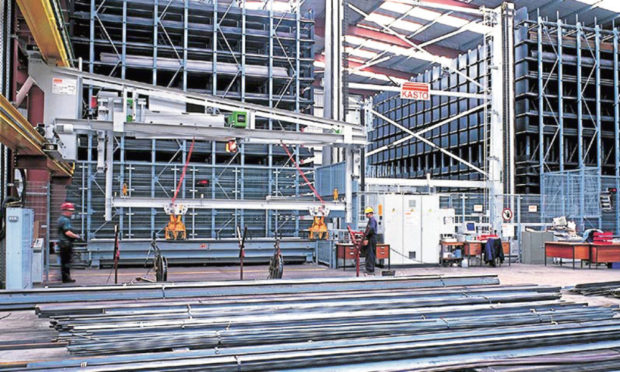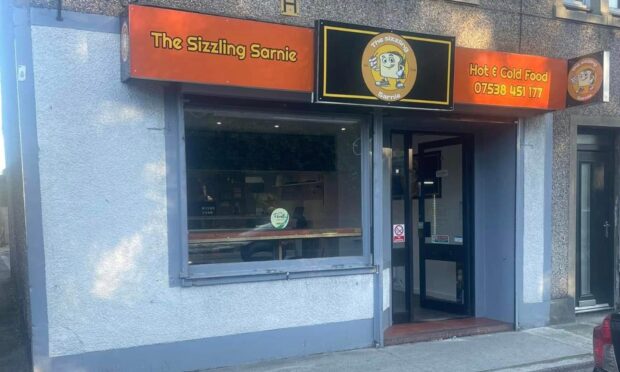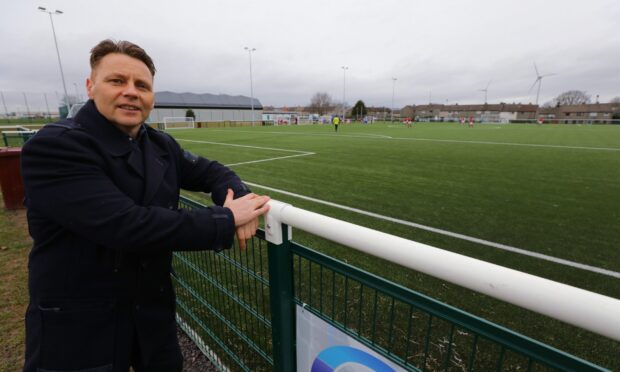One of Scotland’s largest steel stockholders, Brown & Tawse, increased its sales on the back of the rising price of the commodity last year.
Recently filed annual accounts show the Dundee firm increased its turnover by £1.5 million to £17.6m for the year ending April 1.
The West Pitkerro Industrial Estate’s pre-tax profits dipped slightly from £648,000 in 2017 to £630,000 in 2018.
Brown & Tawse can trace its roots in Dundee to 1881 when Peter Saunders Brown and James Tawse commenced business in the city’s Exchange Street.
Now operating from Dundee, Aberdeen and Leeds, the firm continues to be a stockholder of steels and also provides a full range of on-site value added services including sawing, drilling, plasma and laser cutting, shotblasting and painting.
In his strategic report, director Ian Harding, who led a management buy-out with three senior managers in 1997, said the firm outperformed its rivals last year.
He said: “The increase in turnover was primarily due to higher steel prices throughout the financial year compared with 2017.
“Gross margins were 32.6% of sales, compared to 34.8% in the previous period, reflecting the ongoing success achieved in improving our sourcing of steel products, coupled with a general rise in the incoming steel prices.
“The company has outperformed many of its peers in the stockholding industry by reason of its broad customer base and the lack of concentration in a narrow range of market sectors.”
Stock balances increased by 24% during the year. The company invested £252,000 as it developed its value-added processing capabilities.
Mr Harding said there was “considerable uncertainty” about the future steel price.
“Since the end of the 2018 financial year, steel prices have generally held reasonably steady,” he said.
“In the period since the end of the financial year, competitive pricing has intensified, due mainly to a number of major UK stockholders being overstocked in key product areas.
“As at autumn 2018 there is considerable uncertainty regarding future steel price trends due to a number of factors: Brexit, the volatility of sterling, global protectionism and the imposition of tariffs on steel products.
“UK demand for steel remains steady and at a reasonably busy level.
“The directors continue to keep economic and political understanding under review and the company is well prepared for eventualities.”
rmclaren@thecourier.co.uk










